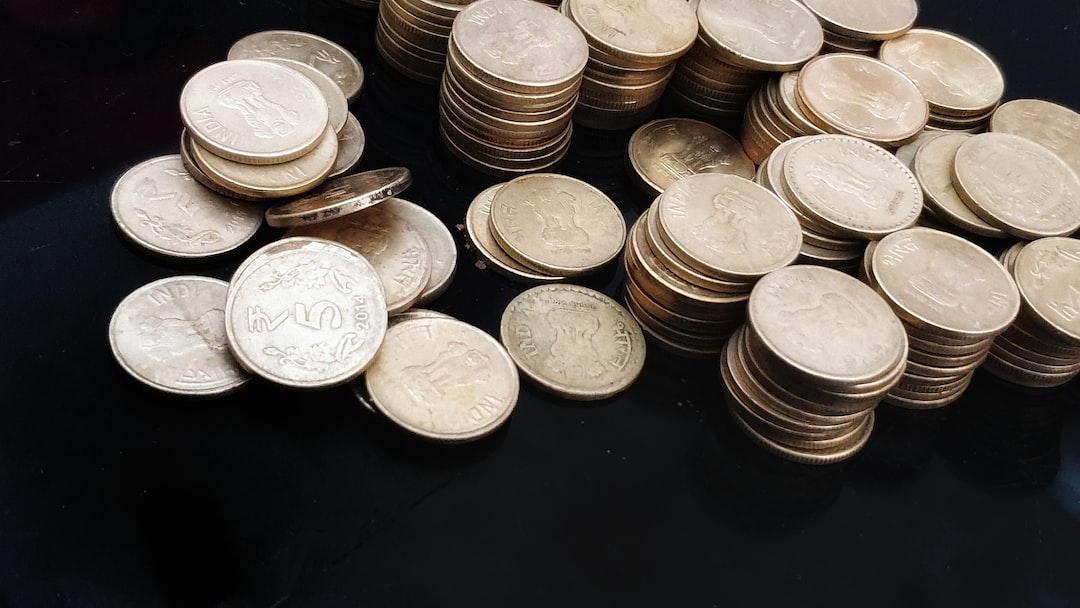Forex trading has become increasingly popular over the years and is now a lucrative venture for individuals and institutions alike. Forex brokers act as intermediaries between traders and the market, providing them with access to the market and a platform to trade. Brokers make money through various channels, and in this article, we will explore the different ways brokers make money in forex.
Spread
The spread is the difference between the bid and ask price of a currency pair. It is the primary way brokers make money in forex. Brokers offer traders a buy and sell price for currency pairs, which is slightly different from the actual market price. The difference between the two prices is the spread, and it represents the broker’s profit. Brokers usually offer variable or fixed spreads. Variable spreads fluctuate depending on market conditions, while fixed spreads remain constant. Brokers with fixed spreads usually charge higher fees than those with variable spreads.
Commission
Some brokers charge a commission on each trade a trader makes. The commission is usually a percentage of the total trade value, and it varies from broker to broker. Commission-based brokers may offer lower spreads to attract traders, but they make up for it by charging high commission fees. Some brokers offer both commission-based and commission-free trading accounts, and traders can choose the one that suits them best.
Swap
Swaps are fees charged by brokers for holding trades overnight. Forex trading is a 24-hour market, and traders can hold their positions open for days or even weeks. When a trader holds a position overnight, the broker charges a swap fee, which is the interest rate differential between the two currencies in the pair. The swap fee can be positive or negative, depending on the currency pair and the interest rates set by central banks. Brokers usually provide the swap rates on their trading platforms, and traders can calculate the swap fee before opening a trade.
Markups
Markups are additional fees charged by brokers on top of the spread. Some brokers add markups to the spread to increase their profit margins. Markups can be hidden or transparent, and traders should check the broker’s pricing model before opening a trading account. Some brokers offer zero markups trading accounts, which means they do not charge any additional fees on top of the spread.
Rebates
Some brokers offer rebates to traders for every trade they make. Rebates are a percentage of the spread, and they are credited to the trader’s account after the trade is closed. Rebates are usually offered to high-volume traders, and they can significantly reduce the trading costs. Some brokers also offer cashback programs, where traders can earn cash rewards for trading.
Conclusion
Forex brokers make money through various channels, and traders should be aware of the different fees and charges before opening a trading account. Brokers make money primarily through spreads, commissions, swaps, markups, and rebates. Traders should choose a broker that offers competitive pricing, transparent fees, and reliable trading conditions. A good broker can help traders succeed in forex trading, while a bad broker can lead to losses and frustrations.





